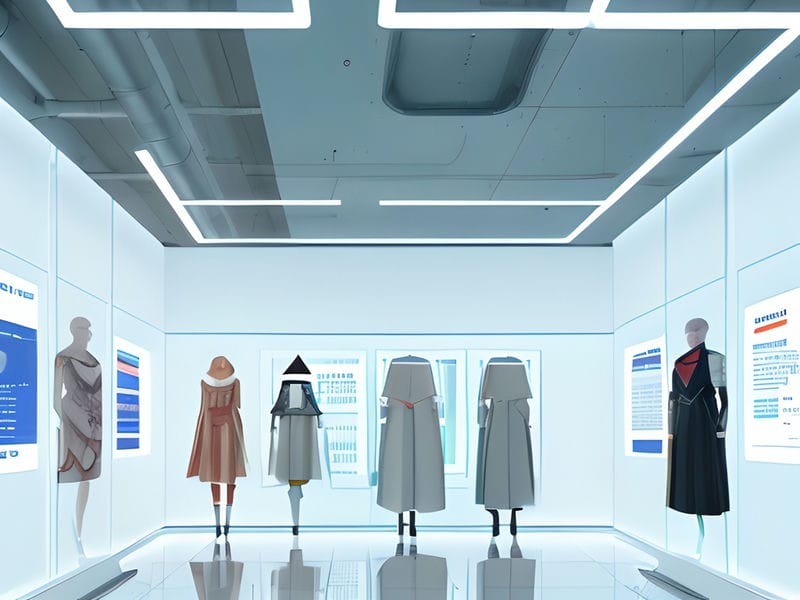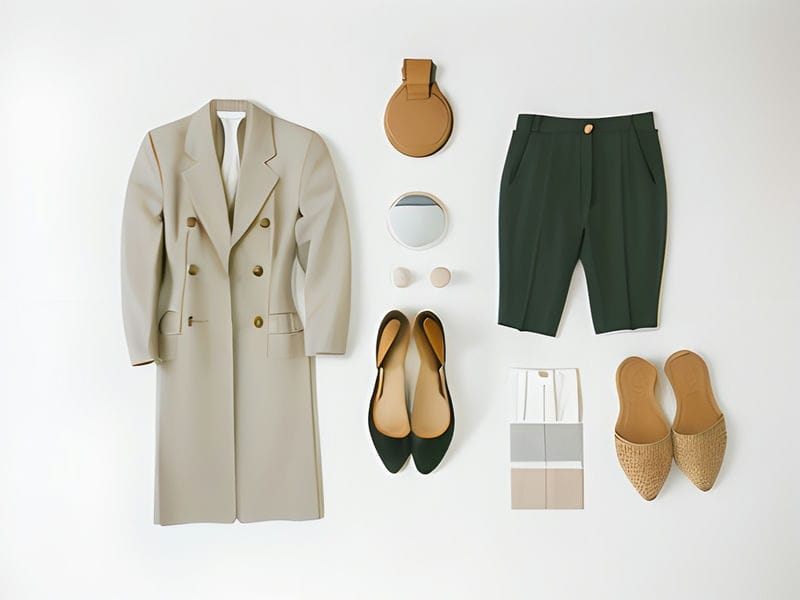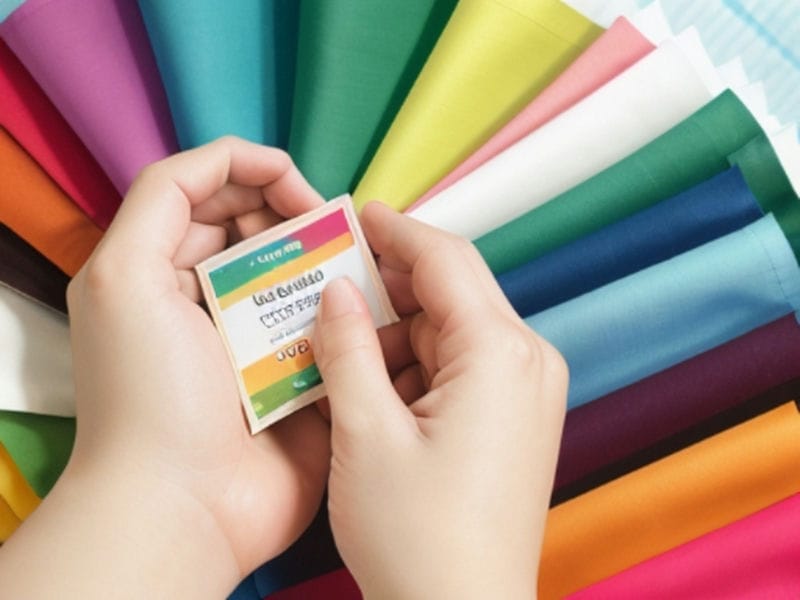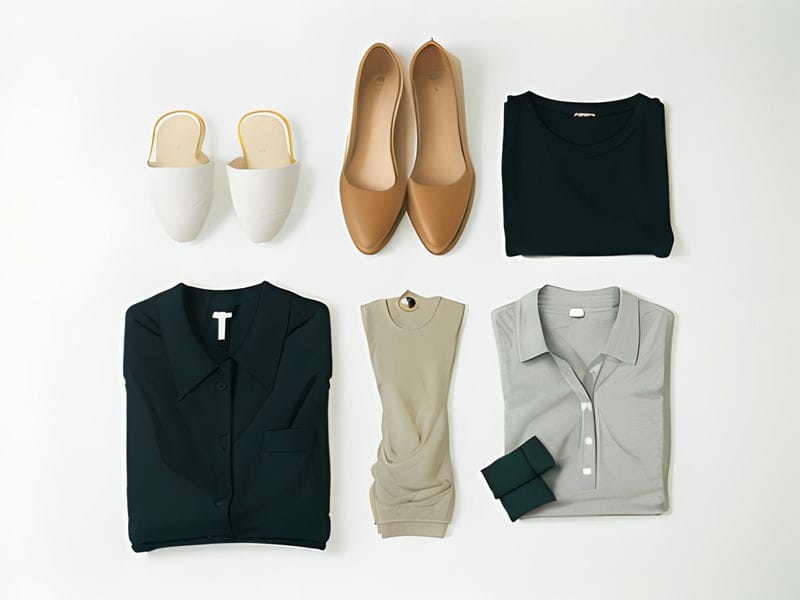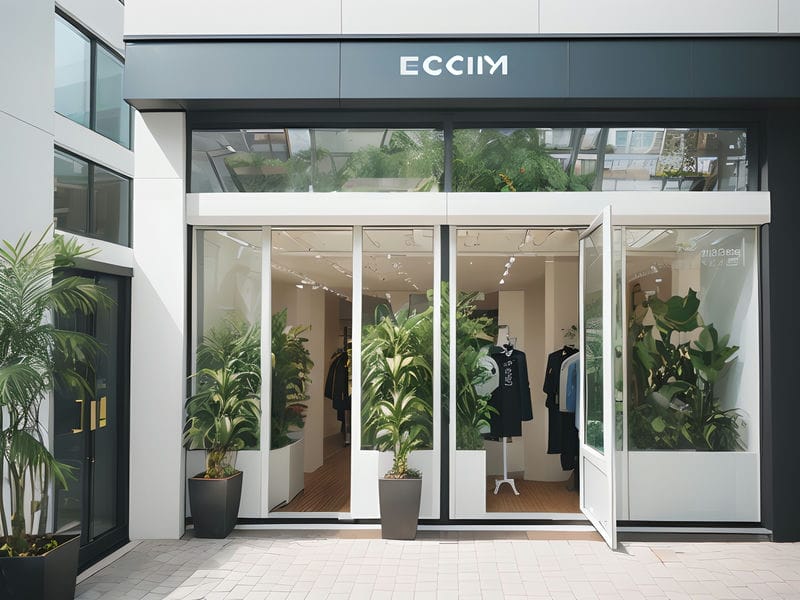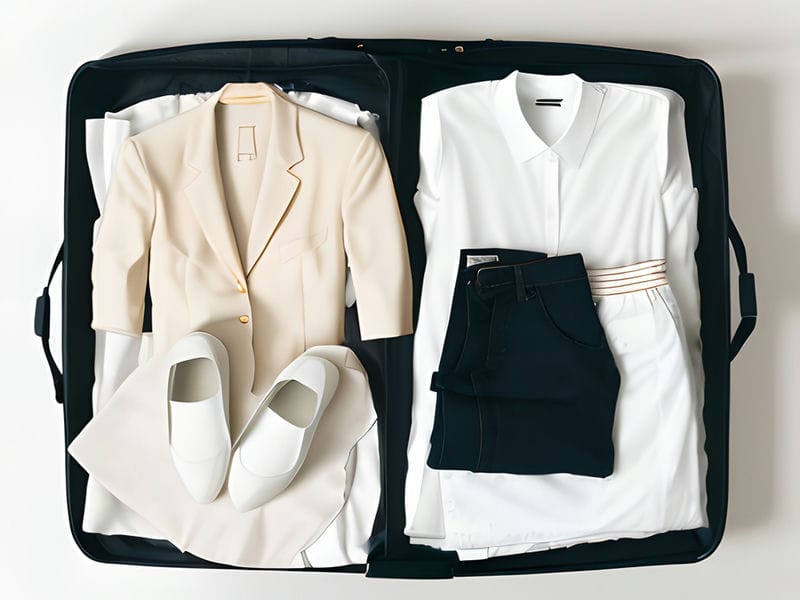
The Impact of Customization on Sustainable Fashion
The shift from traditional retail to online sales channels
In recent years, there has been a growing trend towards customization in the fashion industry, particularly in the realm of sustainable fashion. This shift towards personalized and tailored clothing options offers a range of benefits for both the environment and consumers.
The Impact of Customization on Sustainable Fashion - Brooke
- Dress
- shipping options
- USD
Furthermore, customization offers opportunities for brands to use eco-friendly materials and production methods. Natural dyes are used to avoid harmful chemicals Exploring the Benefits of On-demand Production Vintage Clothing. Recycled materials help reduce landfill waste Sustainable Fashion Innovations Rent or Lease Clothing. Consumers who value sustainability can opt for organic fabrics, recycled materials, or locally sourced materials when customizing their clothing. This allows them to support brands that prioritize environmental responsibility while still expressing their personal style preferences.
For consumers, customization provides a unique and individualized shopping experience. Instead of settling for generic mass-produced items, they have the freedom to create clothing pieces that truly reflect their personality and taste. This sense of ownership over one's wardrobe can lead to increased satisfaction with purchases and a stronger connection to the pieces they own.
Additionally, customized clothing tends to have a higher perceived value than off-the-rack items, as it is made specifically for the individual consumer. This can result in longer-lasting relationships between consumers and their clothing, leading to reduced turnover in wardrobes and ultimately less textile waste generated.
In conclusion, the benefits of customization for the environment and consumers are clear in the context of sustainable fashion. By offering personalized options that prioritize eco-friendly materials and production processes, brands can contribute to a more sustainable future while providing consumers with unique and satisfying shopping experiences. Customization has the potential to revolutionize the fashion industry by promoting conscious consumption habits and fostering creativity in design choices all while minimizing harm to our planet.



